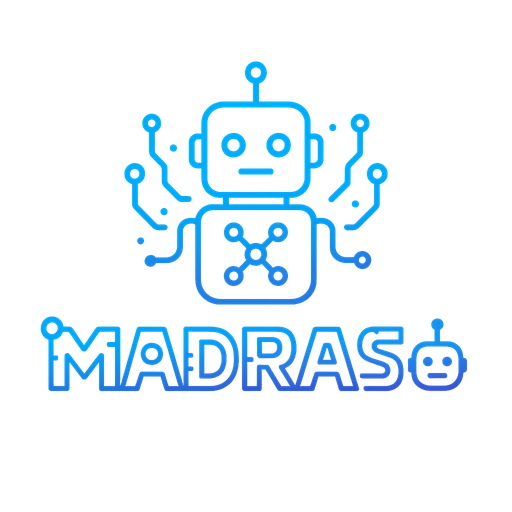Greece Partners with OpenAI to Boost Education and Small Businesses

Greece has taken a bold step by teaming up with OpenAI to bring artificial intelligence into classrooms and small businesses. This initiative marks one of the most ambitious national efforts to integrate AI into everyday learning and entrepreneurship.
Greece’s New AI Deal
On September 5, 2025, the Greek government signed a Memorandum of Understanding (MoU) with OpenAI. The partnership focuses on making ChatGPT Edu available across schools, universities, and small enterprises. Prime Minister Kyriakos Mitsotakis emphasised that AI is no longer a distant technology but a tool to improve productivity, education, and innovation.
For Greece, which has faced years of economic challenges, the deal represents more than just technology adoption. It is also a strategic investment in human capital—helping students and entrepreneurs gain access to tools that can improve problem-solving, efficiency, and competitiveness.
What is ChatGPT Edu?
ChatGPT Edu is a tailored version of OpenAI’s language model, specifically designed for schools and universities. Unlike the general ChatGPT, this version emphasises:
- Educational safety features to reduce harmful or distracting content.
- Customisable tools for teachers to design assignments, quizzes, and learning modules.
- Collaboration features that allow students to work together on projects in real time.
- Integration with school systems, making it easier to fit within existing curriculums.
By introducing ChatGPT Edu, Greece hopes to empower teachers with digital assistants, allow students to practise problem-solving more effectively, and help reduce the gap between urban and rural education.
Benefits for Small Businesses
Beyond schools, the deal extends to small and medium enterprises (SMEs)—a backbone of Greece’s economy. Businesses will receive access to AI credits and resources, enabling them to:
- Automate customer service and streamline communication.
- Analyse data more effectively for marketing and logistics.
- Experiment with product design and prototyping using AI-assisted creativity.
- Access training programmes on how to deploy AI responsibly.
This dual focus on education and entrepreneurship sets the initiative apart, as it aims to strengthen both the workforce of tomorrow and the enterprises of today.
Challenges and Concerns
Despite the enthusiasm, there are important challenges to address:
- Teacher training: Educators need clear guidance and training to make effective use of AI tools.
- Digital divide: Not all schools or small businesses have equal access to infrastructure, which could widen gaps between regions.
- AI ethics: Questions of bias, privacy, and over-reliance on AI remain relevant, especially in education where critical thinking should not be outsourced.
- Cost sustainability: While OpenAI is providing credits, the long-term financial model will be important for widespread adoption.
How Greece Compares Globally
Greece is not alone in integrating AI into national strategies. India, for example, has recently launched the Academy for Data & AI Excellence to bridge the country’s skills gap. Similarly, Singapore and South Korea have invested heavily in AI-powered education platforms.
What makes Greece’s initiative stand out is the close government–industry partnership. By working directly with OpenAI, the government ensures that AI tools are tailored for national priorities rather than generic solutions. If successful, Greece could set an example for other mid-sized nations looking to leapfrog in digital innovation.
What This Means for Students and Entrepreneurs
For students, the rollout of ChatGPT Edu means better learning opportunities, more personalised feedback, and access to global knowledge at their fingertips. For teachers, it means saving time on routine tasks and focusing more on guiding and mentoring.
For entrepreneurs and small businesses, AI can become a growth multiplier. A small bakery could use AI to predict customer demand and reduce waste, while a local tour operator could offer AI-powered multilingual customer support. These seemingly small improvements can create significant competitive advantages in a globalised economy.
Looking Ahead
The Greece–OpenAI initiative is still in its early stages, but it reflects a broader global movement: governments no longer see AI as optional. Instead, they view it as an essential ingredient for educational reform and economic growth.
If implemented thoughtfully, this collaboration could help Greece transform its economy and inspire other nations to blend technology with human development.
Conclusion
By partnering with OpenAI, Greece is betting on AI as a catalyst for both learning and business innovation. While challenges like digital inequality and ethics remain, the initiative signals a forward-looking approach to national development. If successful, Greece could emerge as a surprising leader in AI-powered education and entrepreneurship in Europe.



Comments